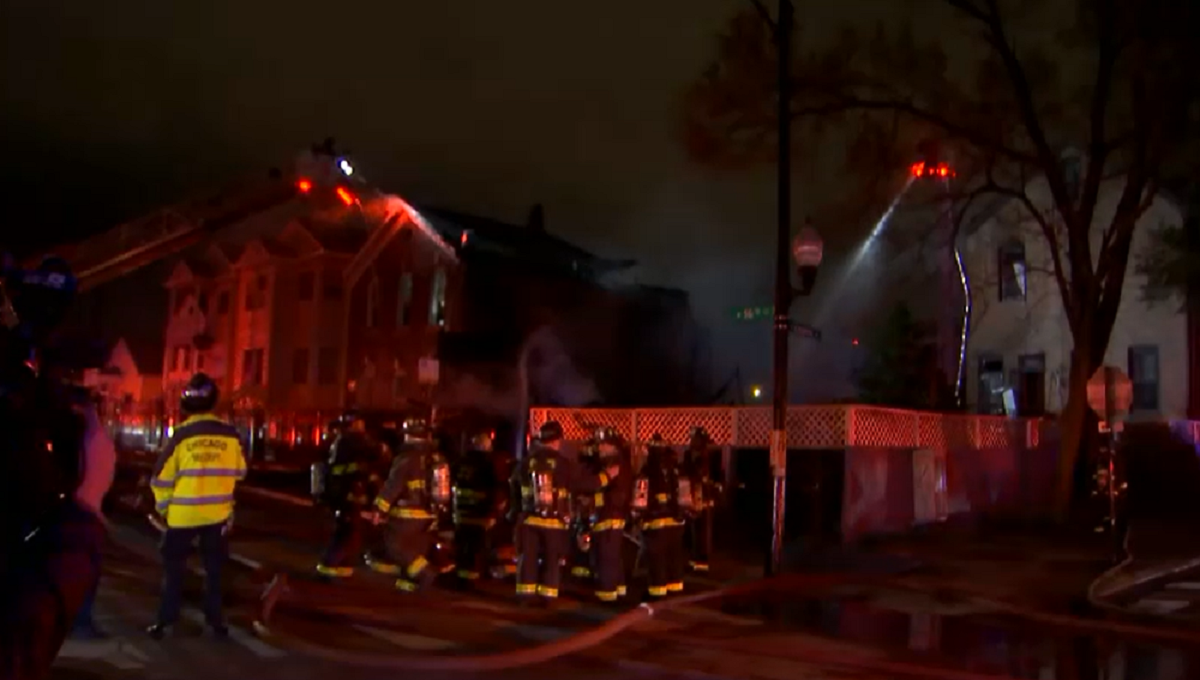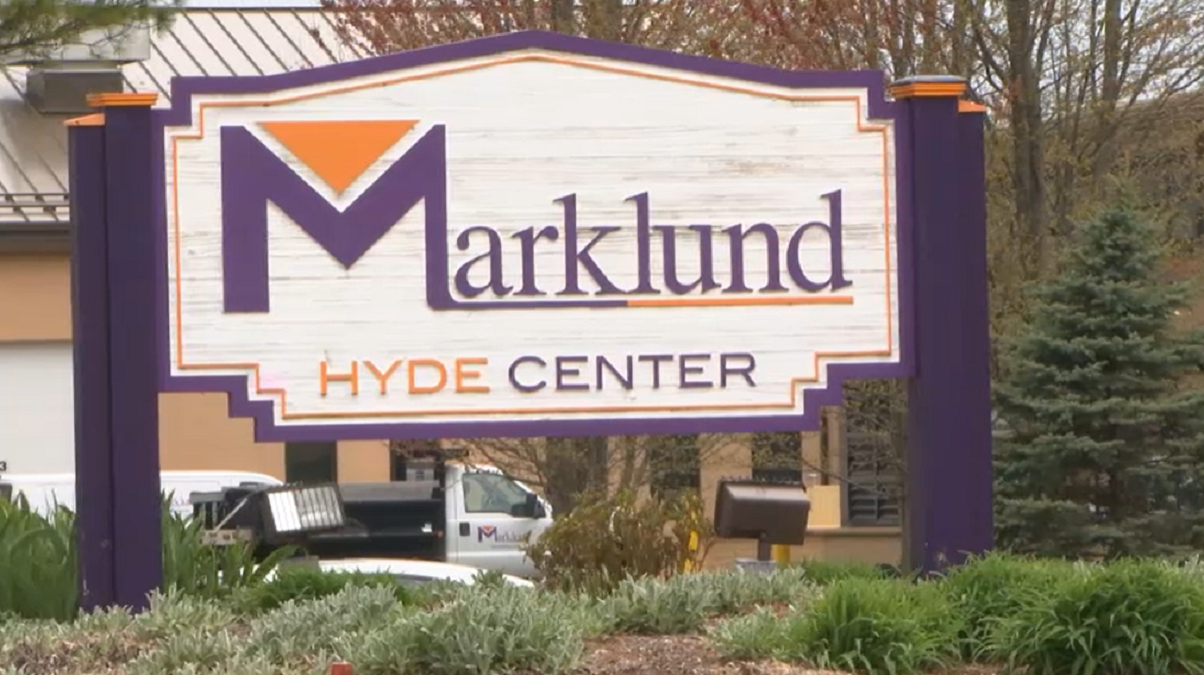The federal government says the systems put in place by the State of Illinois to prevent potentially catastrophic damage to pipelines is “inadequate”, because of lax enforcement by the city of Chicago.
The program is most familiar to the general public through signs warning to “Call JULIE Before You Dig”. Those calls go to a central phone bank near Joliet, where operators notify various utilities like gas and electric companies of the need to mark their lines in specific areas where construction work is about to begin.
Chicago doesn’t take part in “JULIE”, opting to operate its own program called “DIGGER”. But unlike the state program, which has the full enforcement muscle of the Illinois Commerce Commission behind it, the United States Pipeline and Hazardous Materials Safety Administration (PHMSA) says it found the city has no enforcement system in place, to either compel companies to call before they dig, or levy punishment for those who rupture lines.
“This presents a significant gap in pipeline safety,” the agency warned, in a letter to the I.C.C., where they also noted that with that finding they now have the power to levy fines against violators as high as $205,638 per day.
“We do have an effective program outside the city of Chicago,” notes Bill Riley, the manager of the Illinois Commerce Commission’s “one call” enforcement program. “But the city of Chicago does not have a damage prevention enforcement program.”
It is clear there is friction between the state and city over the issue, which has left Illinois with a black eye when viewed by federal regulators.
“Certainly there is a lack of enforcement in the city of Chicago,” Riley said. “I think you could look at it as being less safe.”
Local
Chicago officials refused NBC 5’s repeated requests for an interview. In a statement, the Chicago Department of Transportation insisted “safety is our number one priority.”
“An enforcement program for the city of Chicago is being developed,” that statement said. “In the interim, we continue to operate the existing, robust DIGGER system. This system prioritizes safety and handled 235,000 requests from contractors for ‘dig tickets’ in 2016.”
A spokesman was unable to explain why the city of Chicago refuses to participate in the “JULIE” program. A bill passed by the General Assembly in 2015 gave the city authority to set up an enforcement mechanism, and that authority became effective in January of 2016, including possible fines for violators as high as $10,000.
But those enforcement systems are still being put in place. In their letter, PHMSA regulators took note of the city’s efforts but suggested they were ill-founded.
“PHMSA strongly believes that effective damage prevention programs, including enforcement, are best addressed at the state level,” Alan Mayberry, the Associate Administrator for Pipeline Safety wrote. “Excavation damage continues to be a leading cause of hazardous liquid and natural gas pipeline incidents resulting in fatalities, serious injury, and environmental damage.”
In the meantime, Riley expressed hope that if Chicago gets its program in place, “they may yet do some enforcement this year, which would be good.”
“We don’t really have an opinion on who does it,” he said. “We think it needs to be done.”



